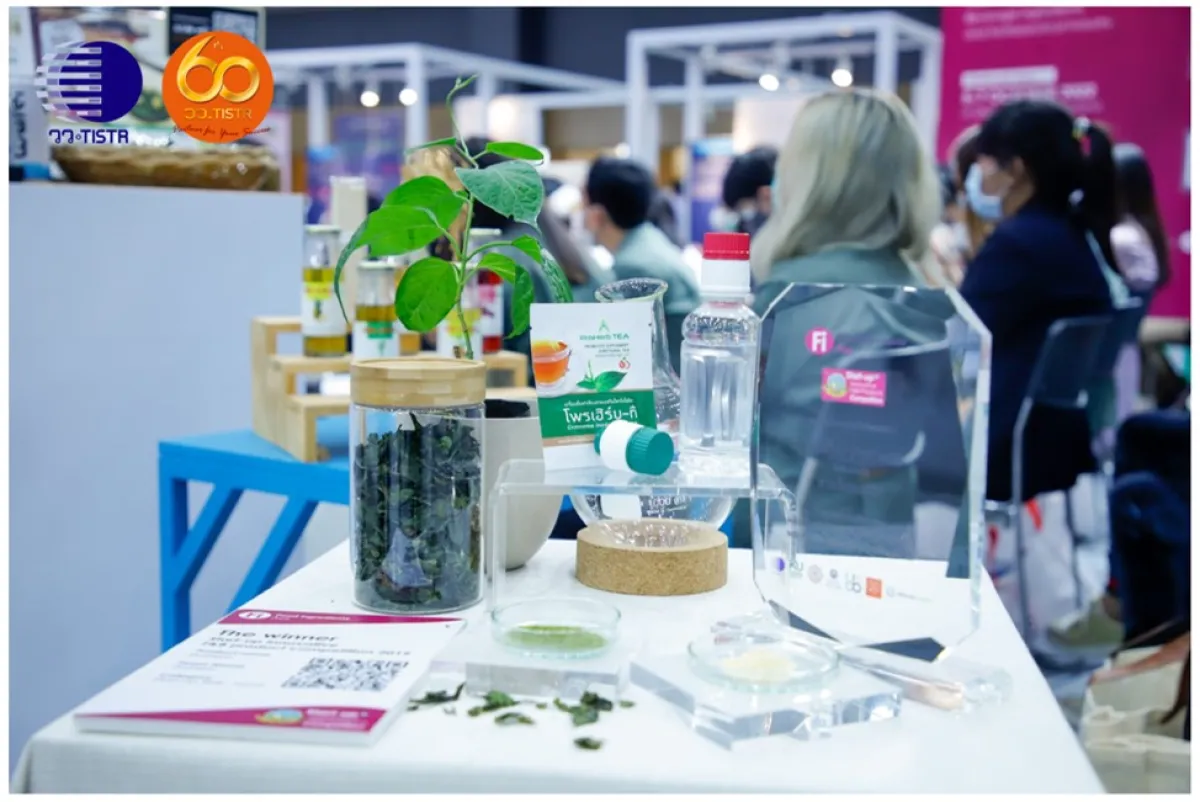
"ProHerb" is a probiotic product designed to control blood sugar levels, qualifying it as a functional food. It's developed from local prebiotics and Thai herbs, namely Phak Chiang Da (or Gymnema Inodorum) and Asam Gelugur. It aids in blood sugar regulation and enhances immune system effectiveness, offering a viable health management option for patients and the elderly.
According to data from the Ministry of Public Health, more than 5.5 million Thais are diagnosed with diabetes, with approximately 100,000 new cases and 200 deaths per day. Additionally, almost 30 million people suffer from high cholesterol.
Therefore, the National Science and Technology Development Agency of Thailand has developed a novel functional food product in the form of a freeze-dried tea powder for cold brewing, and a ready-to-consume powder, both marketed under the name "ProHerb".
Key ingredients include the probiotic bacterium Bifidobacterium animalis subsp. lactis TISTR 2591, and two types of herbs. The first one is Chiang Da (Gymnema inodorum), renowned for its properties in reducing blood sugar levels, and the second one is Asam Gelugur (Garcinia atroviridis), a sour fruit used in food seasoning and a characteristic plant of the South. This product effectively reduces the risk of NCDs, particularly by controlling diabetes and hypertension caused by high cholesterol levels, both diseases sharing common risk factors.
Currently, "ProHerb" comes in two formats: ProHerb - G, a powdered tea for cold brewing, and ProHerb - L, a ready-to-consume powder. The production process for both products involves a temperature-controlled environment to maintain the viability of the probiotic bacteria and the bioactivity of the Chiang Da and Asam Gelugur in each product. Patent applications and utility model registrations have been submitted for both products.
Furthermore, both products have undergone analysis for viable probiotic content, revealing that throughout 24 months (2 years) of storage, the quantity of viable probiotics in the product is not less than one billion cells (109 CFU) per gram of the product, which is 1,000 times the standard requirement of one million cells (106 CFU per gram) set by the Food and Drug Administration.
Source: Thailand Institute of Scientific and Technological Research
Tel. +66 2577 9000